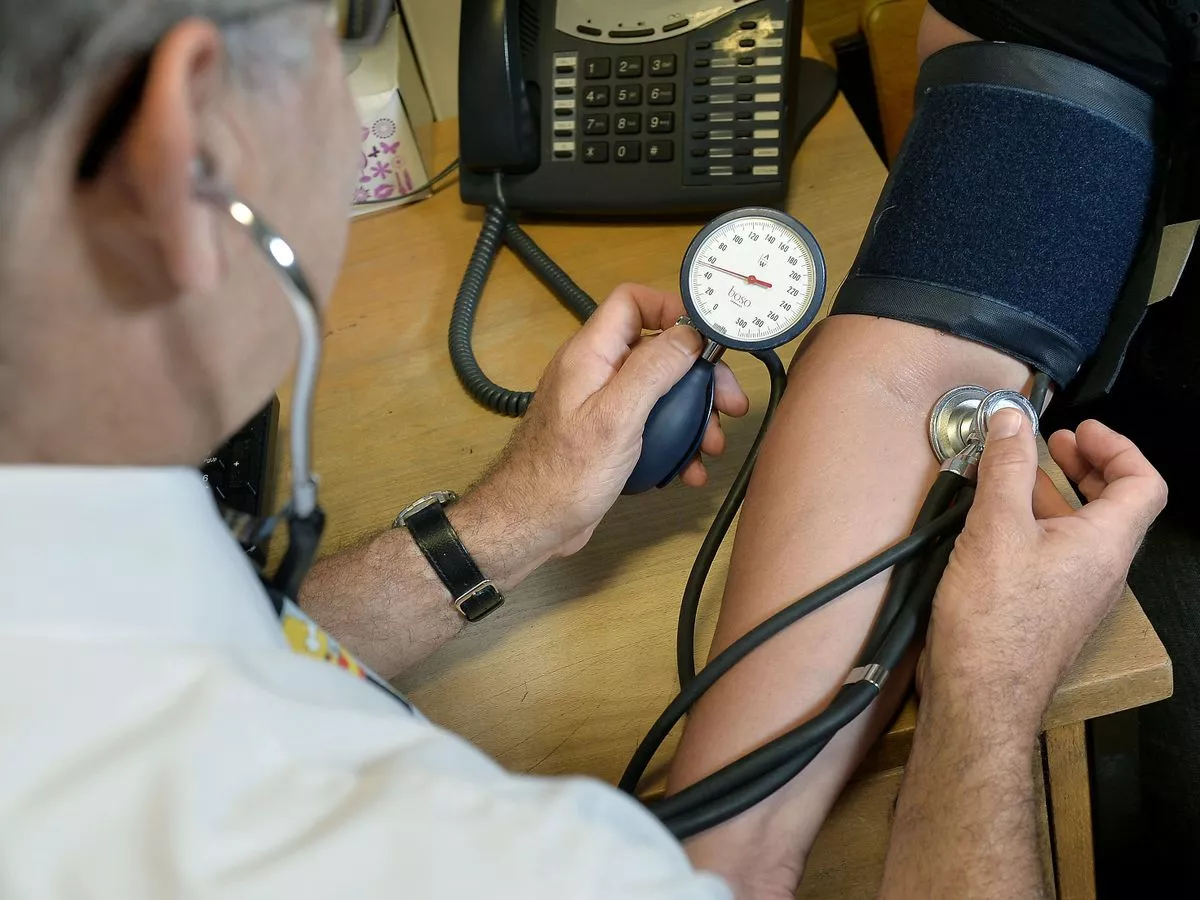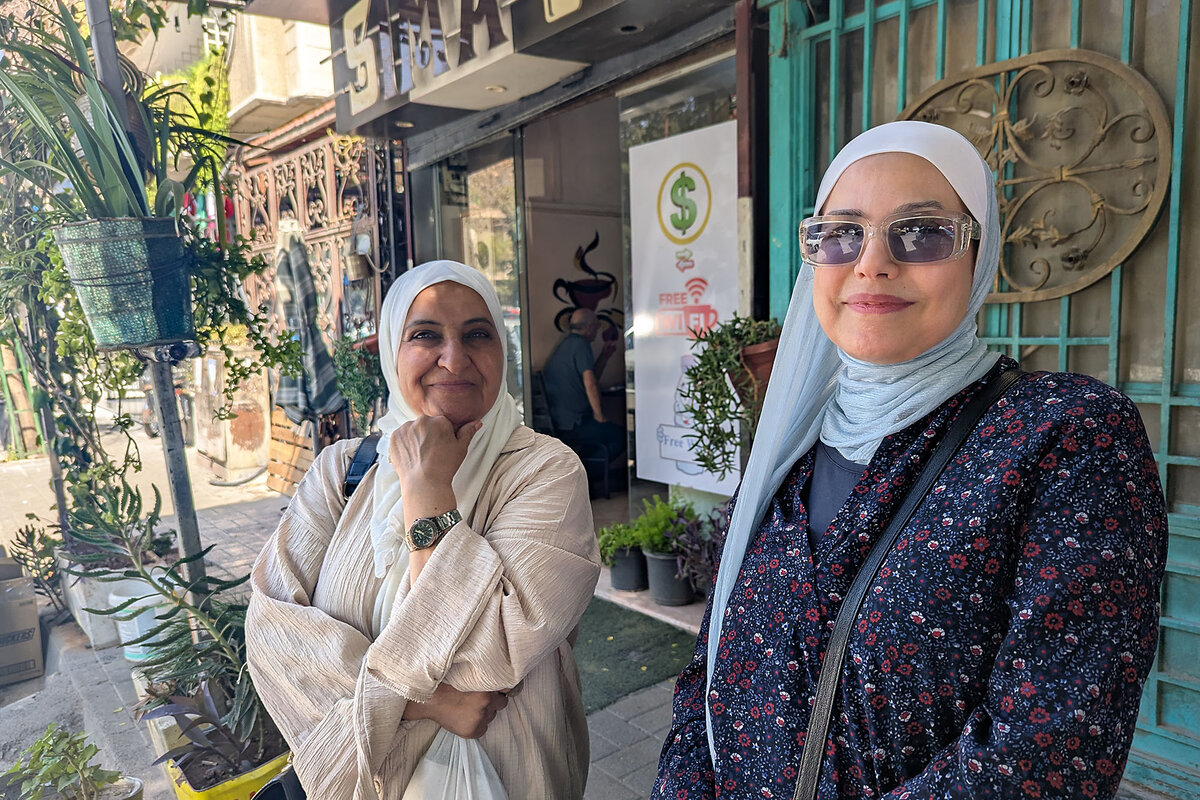By Jane Kirby Pa Health Editor,Sion Morgan
Copyright walesonline

People are at risk of dying owing to some stroke services only being available between 9am and 5pm, an assistant coroner has warned. Thomas Crookes, who covers the Newcastle and North Tyneside area, made the warning after the death of a man, Keith Reynolds, from a stroke last November. An inquest heard how the mechanical thrombectomy (MT) service – which enables doctors to remove a blood clot from an artery through a catheter – is not available in the region outside of 9am to 5pm “due to insufficient neuroradiologists being available to run such a service”. In a prevention of future deaths report following Mr Reynold’s death, Mr Crookes said: “I am told that this issue is listed on the Newcastle Upon Tyne Hospitals NHS Foundation Trust’s ‘risk register’ and that a business plan has been submitted to NHS England in relation to funding for additional clinicians. “However, at the present time, should patients currently require a mechanical thrombectomy outside of the hours of 9am to 5pm, such a service would not be available to them and this could result in their death despite this potentially being preventable were such a service available.” The inquest highlighted the lack of a service but concluded Mr Reynolds died from natural causes and suffered complications from a surgical procedure. Mr Reynolds had a history of heart disease and went to hospital last October with symptoms of unstable angina “for which he required an expedited coronary artery bypass and mitral valve repair”, the prevention of future deaths report said. Bypass and valve repair surgery took place on November 11 and “Mr Reynolds initially appeared well but subsequently became unresponsive, having suffered an ischaemic stroke as a result of the stent becoming blocked with a blood clot”, the report said. It said anti-clot drugs could not be used owing to the recent surgery and doctors ruled “mechanical thrombectomy was not possible because this service is not available out of hours but would not have been viable in any case” because of Mr Reynold’s stroke severity. “Mr Reynolds was therefore switched to palliative care and died on 14 November 2024 in the Freeman Hospital, Newcastle upon Tyne as a result of the stroke,” the report said. The assistant coroner said the lack of a mechanical thrombectomy service outside the hours of 9am to 5pm needed attention, adding: “in my opinion action should be taken to prevent future deaths.” His report was sent to Newcastle Upon Tyne Hospitals NHS Foundation Trust and NHS England, who have both been approached for comment. The national stroke audit, commissioned by the Healthcare Quality Improvement Partnership, found that rates of mechanical thrombectomy in England, Wales and Northern Ireland are lower than the European average. The proportion of patients undergoing treatment has increased to 3.9% in 2023/24 but the report said that, as evidence advances, it is likely that up to 15% of patients will be eligible for the procedure. “Approaching this ambition will require improvements in availability of services and workforce, equity of geographical coverage and early identification of patients suitable for MT using advanced imaging,” the study said. The report noted that the proportion of stroke patients receiving brain imaging within one hour of arrival at hospital is 59.5%, while the figure for people scanned within 20 minutes of arrival is 26.5%.



